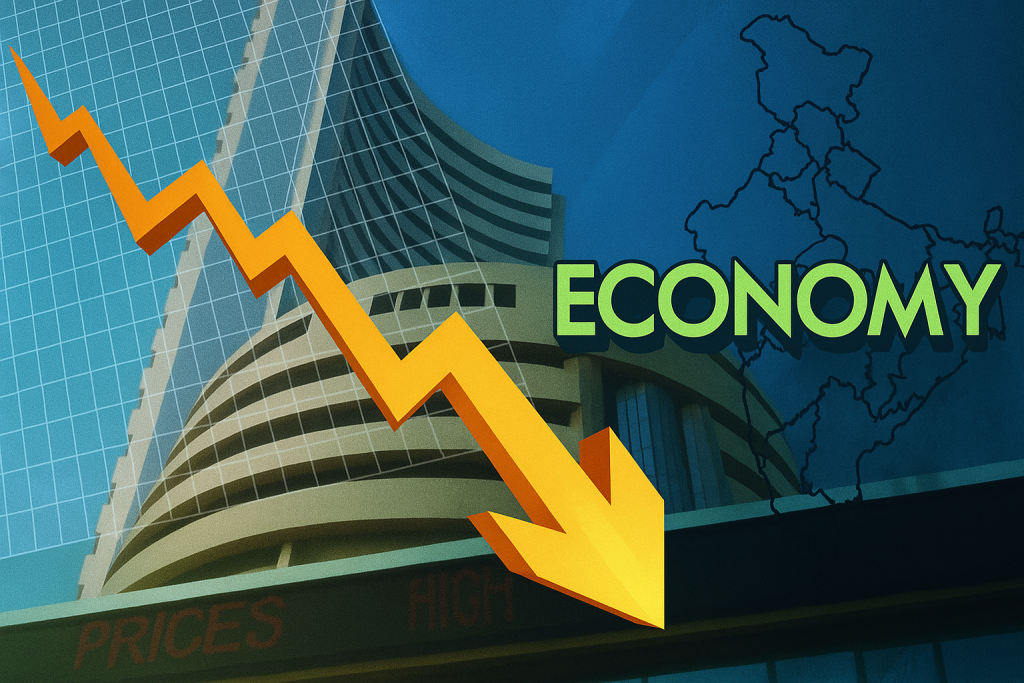Nigeria’s economic stability through eyes of Yemi Kale, Okonjo-Iweala

Remi Ladigbolu
An X thread on Saturday by Dr. Yemi Kale, former Statistician-General of the National Bureau of Statistics, and an earlier statement credited to WTO Director-General Dr. Ngozi Okonjo-Iweala—after her meeting with President Bola Tinubu in Abuja on Friday—have cast fresh light on what “economic stability” truly means in today’s Nigeria.
According to Kale, who is the Group Chief Economist and Managing Director of Research and Trade Intelligence at the African Export-Import Bank, stability may only mean things are not worsening fast, not that life is easier.
Dr. Kale explained that when economists say an economy is “stable,” they mean key indicators like inflation, exchange rates, and growth rates are no longer swinging wildly—and that businesses, investors, and consumers can plan ahead. “Stability is like stopping a boat from rocking wildly,” he wrote, “but hardships persist if the boat is still far from shore.”
He went on to say that stability often means slowing the fall, not taking people out of the ditch. Even if headline inflation tumbles from, say, 25 percent to 12 percent, prices may still be crushing for families. Stability tends to benefit businesses and investors first—wages, jobs, and cheaper goods for everyday Nigerians can lag by months or even years.
The latest numbers from the National Bureau of Statistics help illustrate the point. Headline inflation eased modestly to 21.88 percent in July from 22.22 percent in June—the fourth consecutive month of decline—but food inflation actually rose to 22.74 percent, reminding us that food prices are still weighing heavy on households.
GDP grew by 3.13 percent in the first quarter of 2025, up from 2.27 percent the year before, and a 2024 rebasing lifted the estimated economy to 372.82 trillion naira—bigger thanks to the inclusion of digital and informal sectors.
These signs of improvement have caught the eye of the World Bank, and Moody’s even upgraded Nigeria’s credit rating to B3. President Tinubu has set his sights on 7 percent growth by 2027, road-mapping it as a route to poverty reduction.
Yet while the big picture registers progress, the street-level reality tells another story. In Abuja’s markets, a meat vendor voiced the frustration of buyers who are shying away from rising prices, saying, “A goat lap that used to price N4,500 now sells for about N9,000. Customers are complaining… People should help us beg Tinubu to help us.”
Meanwhile, the “Jollof index”—the cost of making one pot of Jollof rice—hit 27,528 naira in June, up 153 percent since March 2023. In some places, that single pot now eats up about 40 percent of the new minimum wage.
Social media adds another layer of truth. One user posted, “Like everything has exponentially gone up… I used to buy a small bucket of tomato 700 naira… currently that small bucket is around 3k to 4k now!… our salaries are not increasing yet food prices are skyrocketing.” Another wrote, “A bag of rice was selling for N115K. A week before then, it sold for about N95K… No matter how much he/she earns in naira… any Nigerian still earning in naira is quarter to broke and on the road to permanent pauperisation.”
In this mix of cautious progress and personal pain, Dr. Ngozi Okonjo-Iweala offered a measured yet hopeful voice. After her meeting with President Tinubu, she credited him for stabilising the economy. “The President and his team have worked hard to stabilise the economy,” she told reporters. “You cannot really improve an economy unless it is stable. So he has to be given the credit for the stability of the economy.”
She said reforms are headed in the right direction, but stressed that “what is needed next is growth.”
She urged the government to roll out social safety nets so those feeling the reforms’ pinch can “weather the hardship” and emphasised the double imperative of “growth and cushion.”
That sentiment has been echoed across multiple platforms, giving her call for a compassionate follow-through on economic reform real national resonance.
In the end, the story that unfolds is one of fragile hope. The numbers hint at a turning tide, and international bodies are giving Nigeria some credit. Yet millions still judge the economy by whether they can afford food, pay rent, or get transport—not by GDP or fiscal ratings.
Stability is essential—as Kale insists—but until it translates to everyday relief, it remains incomplete.
Ladigbolu is a Lagos-based Journalist.
The post Nigeria’s economic stability through eyes of Yemi Kale, Okonjo-Iweala appeared first on Vanguard News.

 yarkarkara
yarkarkara 





